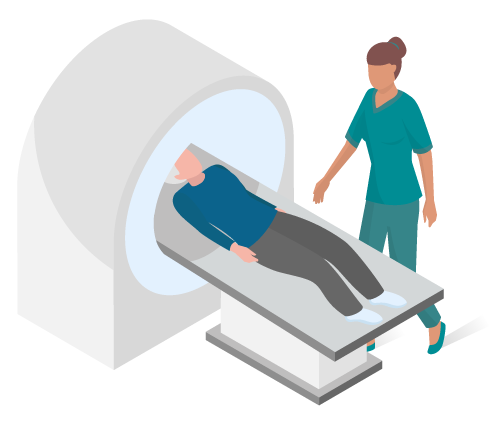We are a collective of Canadians striving for cutting-edge acute leukemia care.
Every Canadian with leukemia deserves access to world-class therapy, including the latest drug advancements, leading-edge research, diagnostic technologies, and trials. That’s why we’re coming together to connect Canadians with every resource possible.

We're creating a national network of experts working together to define cutting-edge standards.
All Canadians are entitled to the same high standard of leukemia care, regardless of their geography, age, or other circumstances, and this standard should match or exceed the best in the world.
Our mission:
To improve the diagnosis and treatment of acute leukemia in Canada.
- Identify and define diagnostic and management best practices
- Promote Canada-wide standards-of-care
- Foster clinical and basic leukemia research
- Improve new drug access
As a collective, we aim to:
Improve acute leukemia care in Canada by advancing a world-class standard-of care for all Canadians, and by facilitating the ability of those who treat leukemia across the country to deliver optimal quality care in an equitable manner.

The issue:
Acute leukemia numbers continue to increase.

- With the aging Canadian population, there will be more cases of adult AML and ALL. Based on current demographics, birth rates, and inter-province migration, some provinces and territories will see more cases of acute leukemia per capita than will others.
- With improved treatments for MDS, MPNs, and other malignancies, there will be more secondary and therapy-related ALs.
- With ongoing improvement in our ability to treat acute leukemia, and to perform allogeneic hematopoietic stem cell transplantation in progressively older patients, taken together with the arrival of new ‘non-intensive’ drugs that are particularly suited for older patients, we will be treating increasing proportions of patients.
- Acute leukemia treatment practices are often discordant from province to province. We want to ensure that the changing demographics of acute leukemia do not exacerbate cross-country differences in acute leukemia care.


To date, there has been no unified Canadian acute leukemia group.
Other jurisdictions have benefited from centralized acute leukemia study treatment groups for decades. As a result, they have developed common philosophies and high standards of care, and have produced standard-changing clinical trial outputs. Initiatives such as these are needed in Canada.